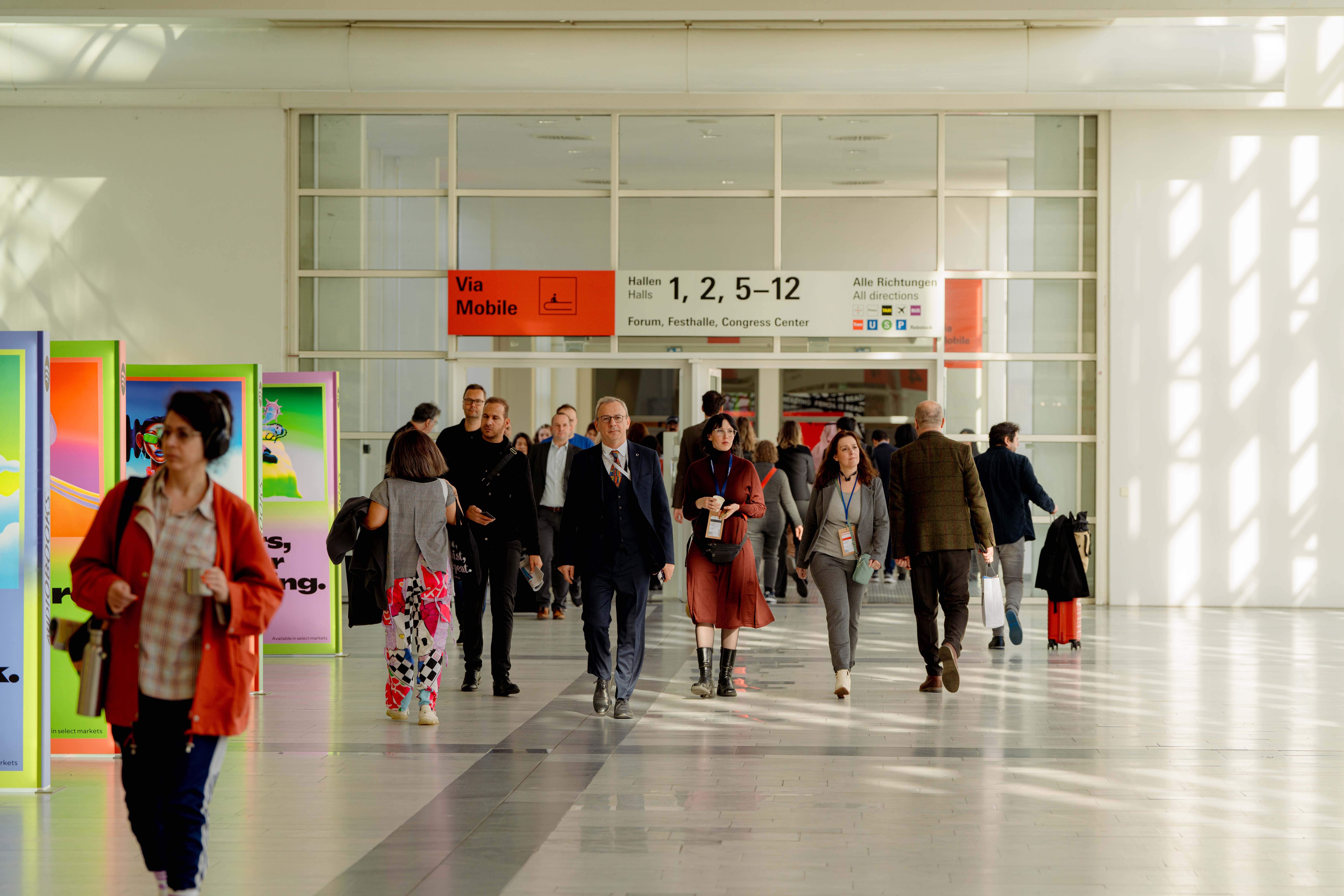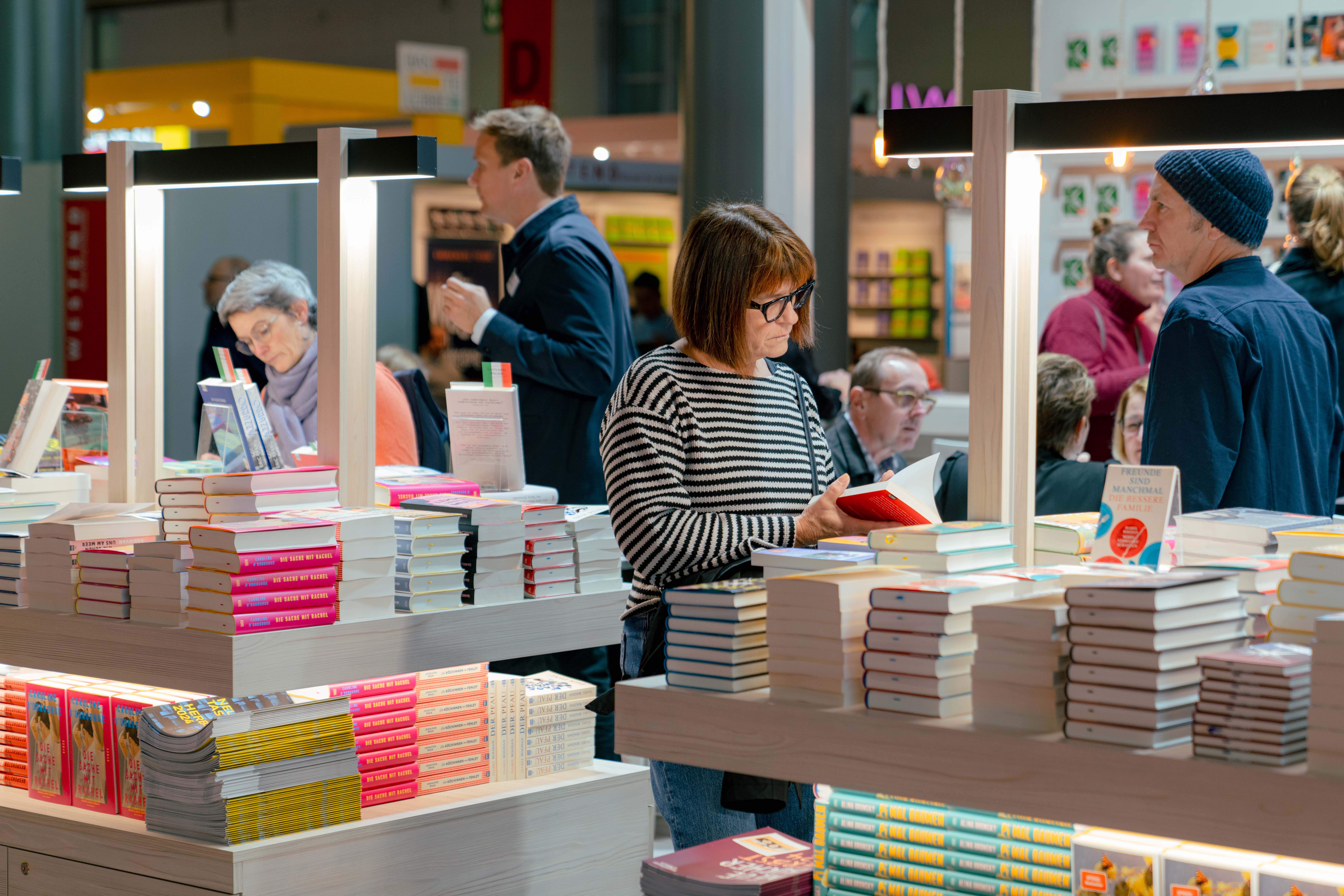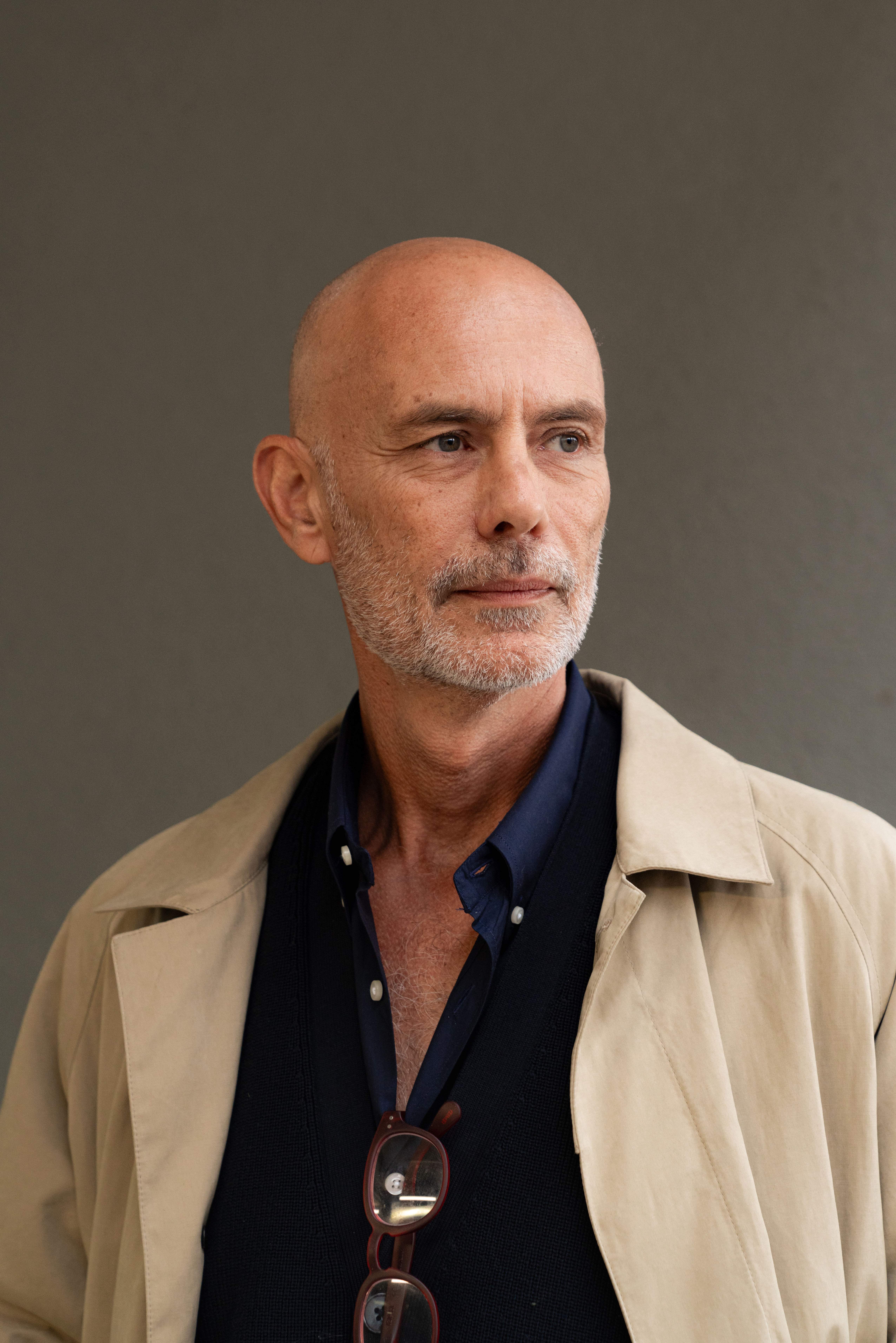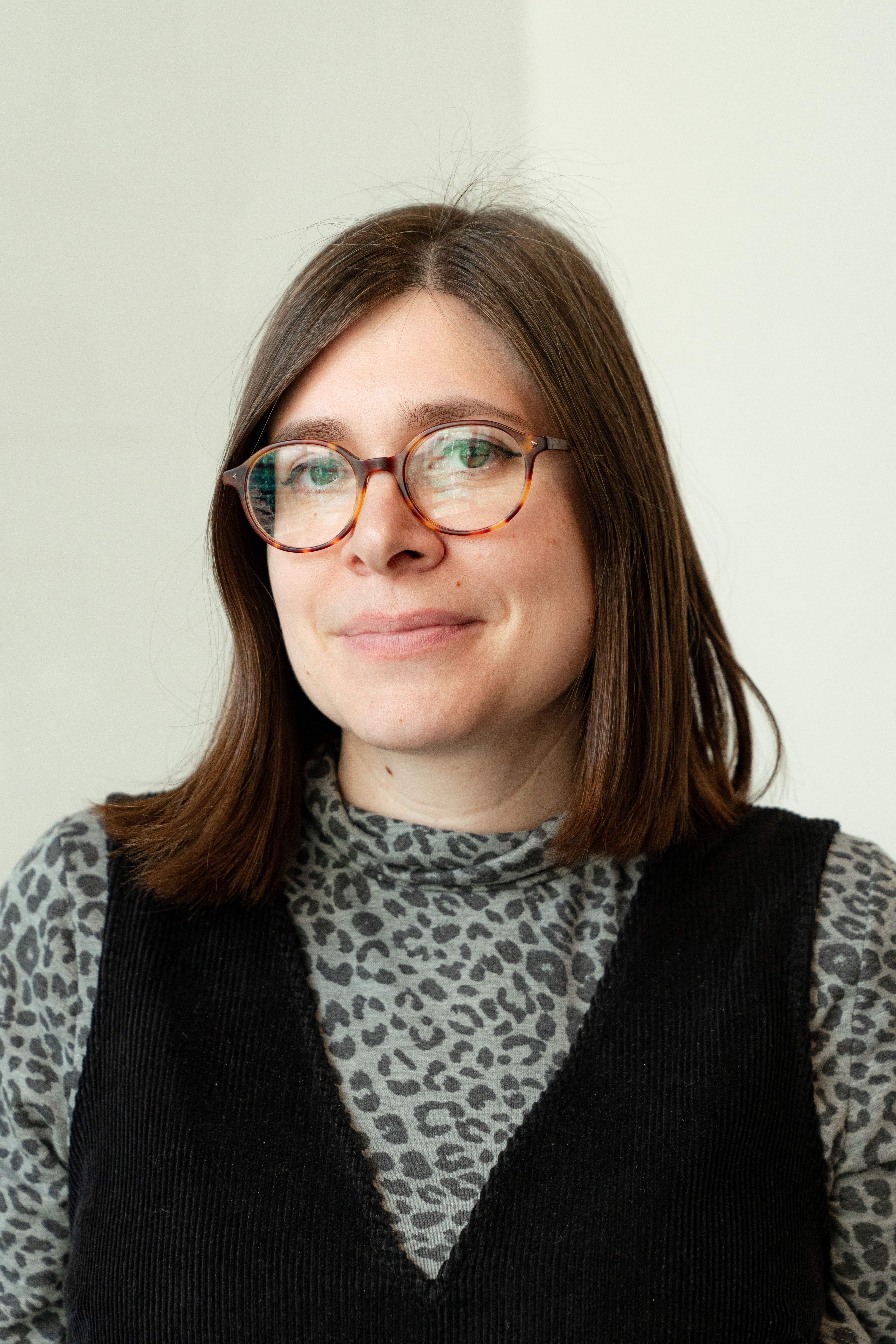Books / Frankfurt
Plotting the future
The mood is bullish at Frankfurt Book Fair, where industry players plot the future of book publishing and get deals done. So what’s in store for 2025? Read on to find out.
Every October, Frankfurt becomes a hive of activity with the arrival of the annual Frankfurter Buchmesse. Once upon a time, publishers, agents and authors would hold back-to-back meetings here, the air fizzing with new ideas and high-stakes negotiations. Many still talk about the time when an agent could slap a manuscript on the table for an editor to read overnight before striking a deal the next morning.

Today, most of the decision-making takes place in conference rooms or via video calls beforehand but the fair still serves as a marketplace for industry leaders to talk shop and it is still the world’s largest book fair in terms of business conducted, if not size.


“There’s a very positive vibe in the industry,” says the fair’s ceo, Juergen Boos. “In publishing we tend to be quite pessimistic but this year on the ground it feels like a party.” Among many areas of evolution, Boos mentions young-adult fiction and the rise of #BookTok (a social-media movement that focuses on literature). AI also featured in many conversations and talks, often in a positive light. “On the one hand, it helps us to organise our workflows in the publishing houses,” says Boos. “It helps us to translate, market and reach target groups. But it also poses a big threat because we have not yet sorted out content ownership and legislation.”


Not everyone sees blue skies ahead for the future of books, particularly in the current socio-political climate. What is clear is that the state of the world is influencing readers’ choices: political books with answers and fantastical fiction with heroes and villains are on the rise.
“The economy is not good, we have political challenges and we have wars,” says Boos. “The books that we want to read now ask questions, give answers and they entertain.”
We speak to three industry leaders to hear their predictions for the industry in 2025. Here’s what they have to say. —

1.
the editor
Michael Reynolds, Europa Editions
New York, USA
“Non-fiction, at least in the American context, has struggled this year. There has been more desire on the part of readers to centre themselves, to find greater meaning and more significance, and they might find that more readily through fiction. In terms of which types of books readers are buying, I’m seeing a little bit of everything: romance, cosy mysteries, literary fiction. And perhaps the boundaries are now becoming more porous.
In many ways it’s a good time for the small, nimble, mid-sized publisher, because the larger companies have shareholders and tend to play it safe and many better, more interesting books feel too risky. As a smaller publishing house, we can take more risks with less predictable books.”
Reynolds’ title to look out for in 2025
‘Gabriële’ by Anne and Claire Berest

2.
THE AGENT
Juliet Mushens, Mushens Entertainment
London, UK
“We’re finding that readers are responding well to escapist fiction. I suppose the state of the world can be horrifying enough that people want to escape into something which transports them to a different time and place. Crime thrillers are still successful, because you catch the bad guy right at the end of it, you know who the villain is and there’s some kind of resolution.
Fantasy is also much more successful than it has been. I’m president of the British Fantasy Society and have represented fantasy for my whole career. We’re seeing lots of publishers who have never bought fantasy before starting to acquire it for their lists. We’re seeing authors who have been published for years suddenly getting a new jacket, or people rediscovering old books written by them years ago. Fantasy has seen big growth over the past couple of years and I think that will continue.”
Mushens’ title to look out for in 2025
‘Bitter Sweet’ by Hattie Williams
3.
THE AUDIOBOOK EXPERT
Carlo Carrenho, Carrenho Publishing Consulting
Trosa, Sweden
“We’re getting to a point where books are being voiced by AI-generated actors and writers are being influenced by the audio format, which is changing the way books are being written. Would Gabriel García Márquez have written One Hundred Years of Solitude today? That story would not do well as an audiobook.
In a more positive light, we’ve had a huge milestone in audiobooks this year with Spotify introducing the subscription model to the English-speaking markets. Now it’s expanding to France, Belgium and the Netherlands. I think in the coming year we will see more and more people listening to audiobooks. In Sweden, 60 per cent of purchased books are audio, so in many places people are already listening more than they’re reading.
In terms of what types of audiobooks people are listening to, it depends on geography. In Scandinavia, fiction is popular; it’s about storytelling; people just want to travel, be distracted. But if you go to southern Europe and Mexico, people are listening to non-fiction books, mostly business and self-help.”
Carrenho’s audiobook to look out for in 2025
‘The Intruder’ by Freida McFadden


